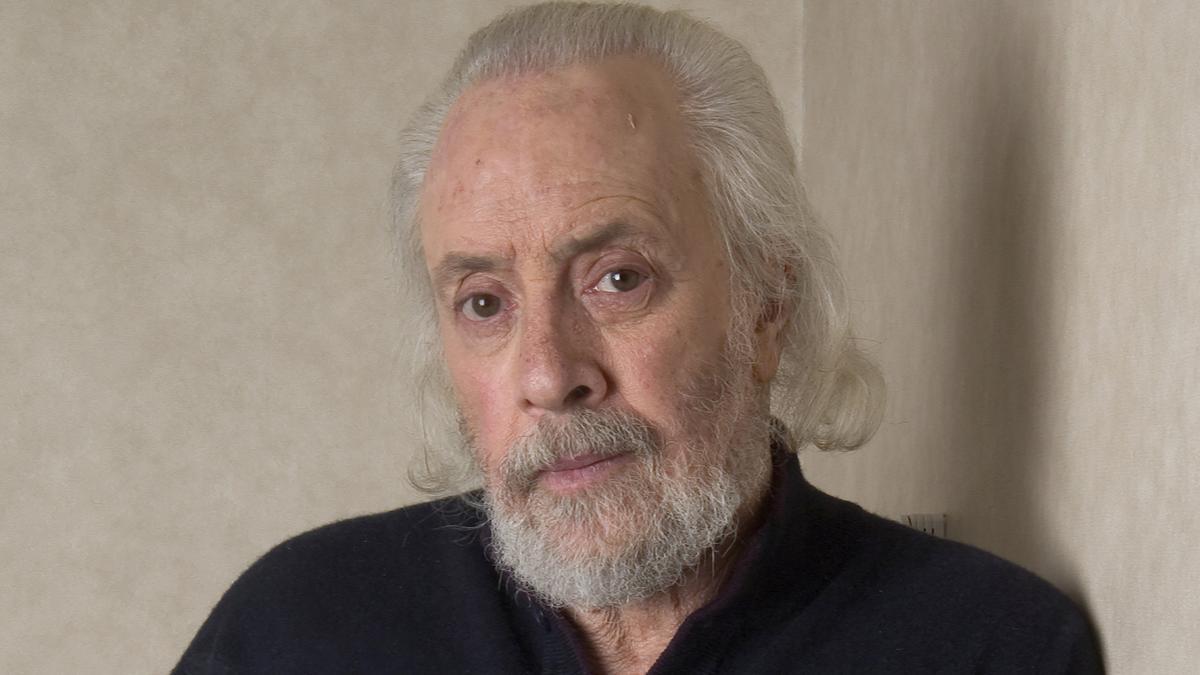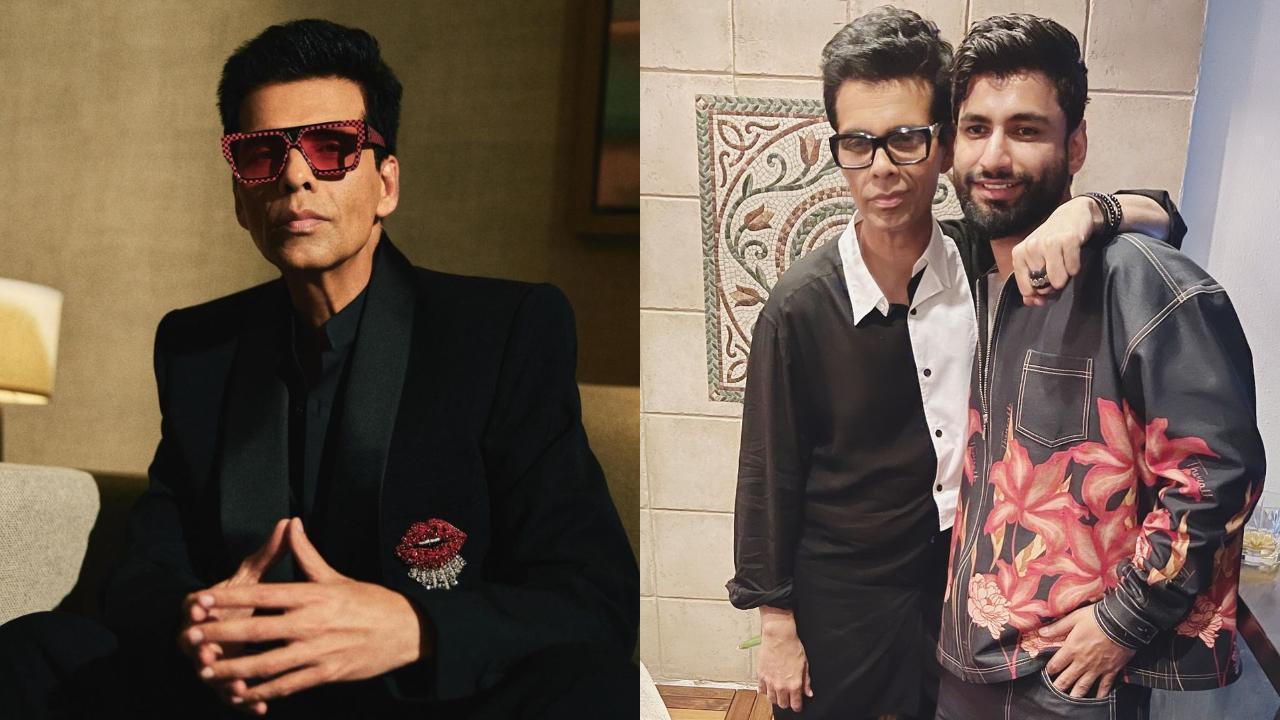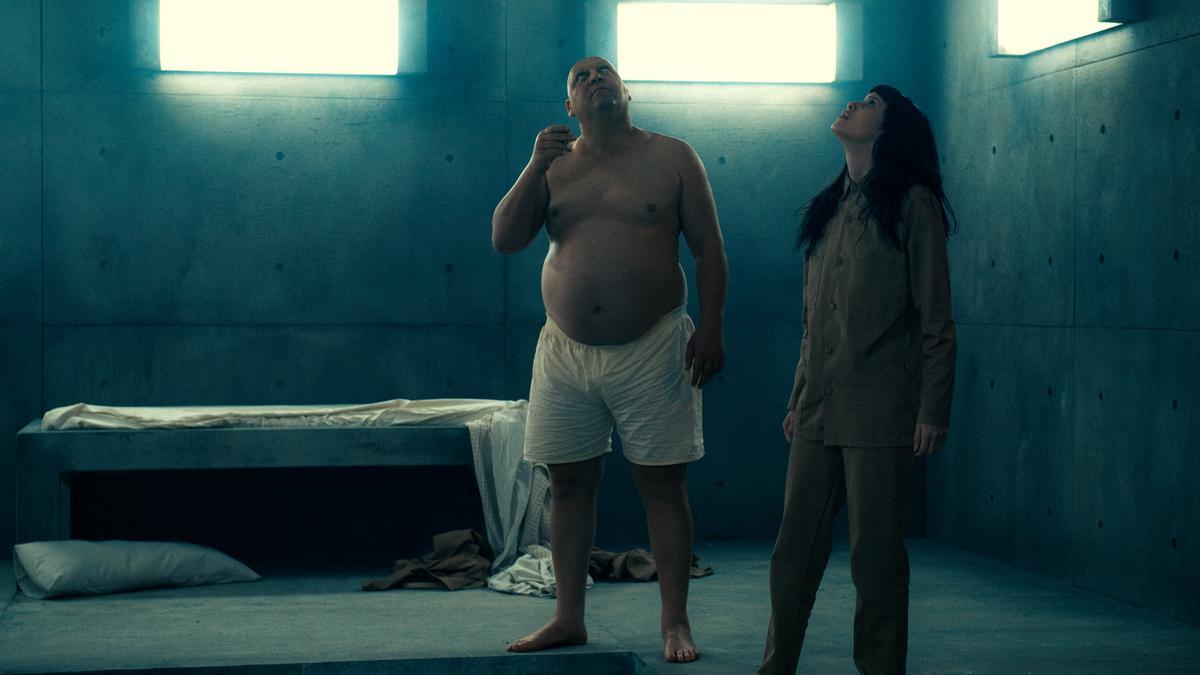
Robert Towne, the Oscar-winning screenplay writer renowned for his work on “Shampoo,” “The Last Detail,” and “Chinatown,” has died at the age of 89. Known for his distinct ability to capture the spirit and shadows of Los Angeles, Towne’s contributions to the film industry remain revered and influential.
Towne passed away on Monday, surrounded by his family at his residence in Los Angeles, according to his publicist Carri McClure. The publicist did not disclose the cause of death.
In an industry notorious for marginalizing the role of writers, Towne elevated the craft to a stature comparable with the leading actors and directors of the 1960s and 70s. His close friendships with Hollywood icons like Warren Beatty and Jack Nicholson enabled him to contribute significantly to the signature films of an era where creative control was exceptionally high among artists. Towne was a rare “auteur” among screenwriters, creating a deeply personal and influential portrayal of Los Angeles on film.
“It’s a city that’s so illusory,” Towne remarked in a 2006 interview with The Associated Press. “It’s the westernmost west of America. It’s a sort of place of last resort. It’s a place where, in a word, people go to make their dreams come true. And they’re forever disappointed.”
Towne’s recognizable presence in Hollywood, with his high forehead and full beard, was as iconic as his work. He won an Academy Award for “Chinatown” and garnered three additional nominations for “The Last Detail,” “Shampoo,” and “Greystoke.” In 1997, he received a lifetime achievement award from the Writers Guild of America.
“His life, like the characters he created, was incisive, iconoclastic, and entirely original,” commented Lee Grant, an actor in “Shampoo,” on social media.
Before reaching this pinnacle of success, Towne endured years of laboring on television projects like “The Man from U.N.C.L.E.” and “The Lloyd Bridges Show,” along with working on low-budget films for producer Roger Corman. In a somewhat serendipitous turn, Towne made significant inroads in the industry partly due to his psychiatrist, who introduced him to Warren Beatty. Beatty, working on “Bonnie and Clyde,” enlisted Towne to refine the script, although his contributions remained uncredited.
Towne’s lack of official credit continued with movies like “The Godfather,” “The Parallax View,” and “Heaven Can Wait.” He described himself as a “relief pitcher who could come in for an inning, not pitch the whole game.” However, he earned his well-deserved acclaim for works like “The Last Detail” and “Shampoo,” and most memorably for “Chinatown.”
Directed by Roman Polanski, “Chinatown” is a haunting portrayal set during the Great Depression, with Jack Nicholson playing J.J.
. “Jake” Gittes, a private detective caught in a web of corruption and violence sparked by an investigation into the Los Angeles Department of Water and Power. Evelyn Mulwray (Faye Dunaway) and her ruthless father, Noah Cross (John Huston), played central roles in this narrative full of menace and intrigue akin to Raymond Chandler’s noir Los Angeles.
Although Polanski played a significant role in honing the film’s despairing ending—a subject of much debate between him and Towne—the concept and core of “Chinatown” came from Towne, who had turned down an offer to adapt “The Great Gatsby” to focus on this project. Inspired by Carey McWilliams’ book “Southern California: An Island on the Land,” Towne saw immense narrative potential in the real-life water scandals affecting Los Angeles.
The making of “Chinatown” itself is chronicled as a detective story, explored deeply in several works such as Robert Evans’ memoir “The Kid Stays in the Picture,” Peter Biskind’s “East Riders, Raging Bulls,” and Sam Wasson’s “The Big Goodbye.” Wasson alleged significant yet uncredited help from Towne’s former college roommate, Edward Taylor, in crafting the film’s script.
Despite peaks of triumph, Towne’s influence waned as studio power grew in the mid-1970s. His directorial ventures, such as “Personal Best” and “Tequila Sunrise,” had mixed receptions. “The Two Jakes,” the long-awaited sequel to “Chinatown,” disappointed both commercially and critically in 1990, causing a temporary rift with Jack Nicholson.
Towne adapted to the changing industry landscape by working on mainstream movies like “Days of Thunder,” collaborating with Tom Cruise and Robert Duvall. Although panned critically, the film garnered a unique following and featured memorable lines from Towne’s script like, “He didn’t slam into you, he didn’t bump you, he didn’t nudge you. He rubbed you. And rubbin’, son, is racin.’”
Collaborations with Cruise extended to movies like “The Firm” and the first two “Mission: Impossible” films. His last major work was “Ask the Dust,” a Los Angeles narrative he both wrote and directed, released in 2006.
Towne was twice married, first to actress Julie Payne and then to Luisa Gaule, and had two children. His brother, Roger Towne, also pursued screenwriting, known for “The Natural.”
Robert Towne was born Robert Bertram Schwartz in Los Angeles, and the trials of the Great Depression led his family to San Pedro, where his father changed their last name to Towne. His love for writing and films was sparked by close proximity to the Warner Bros. Theater and the critiques of James Agee. Towne even worked on a tuna boat early in his life, an experience he often likened to the faith-driven nature of screenwriting.
“I’ve identified fishing with writing in my mind to the extent that each script is like a trip that you’re taking — and you are fishing,” Towne explained to the Writers Guild Association in 2013. “Sometimes they both involve an act of faith … Sometimes it’s sheer faith alone that sustains you, because you think, ‘God damn it, nothing—not a bite today. Nothing is happening.’”
Robert Towne’s impactful and indelible legacy within the cinematic world remains a testament to his brilliance and dedication to his craft.










